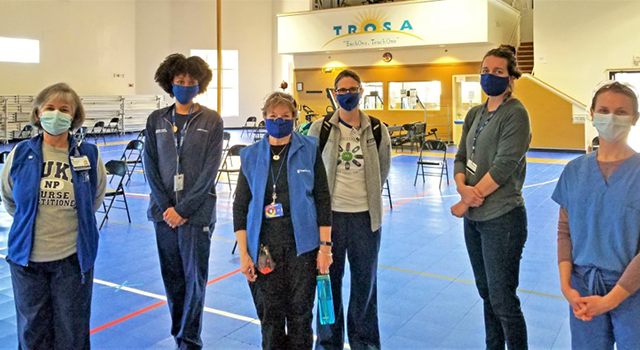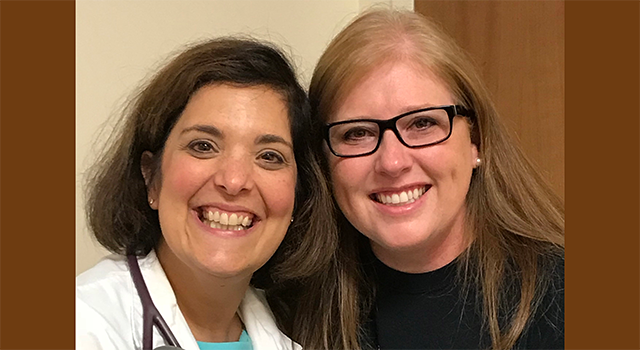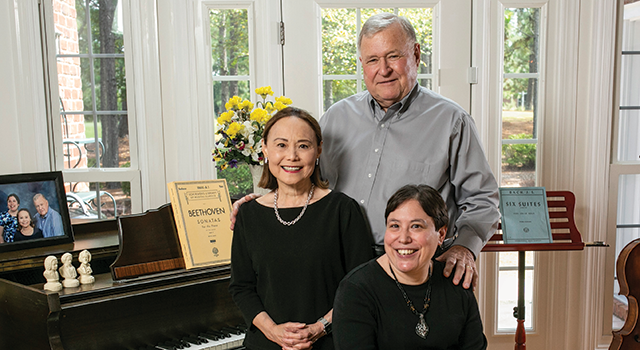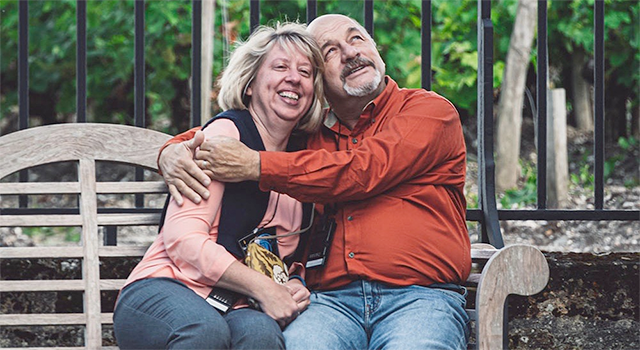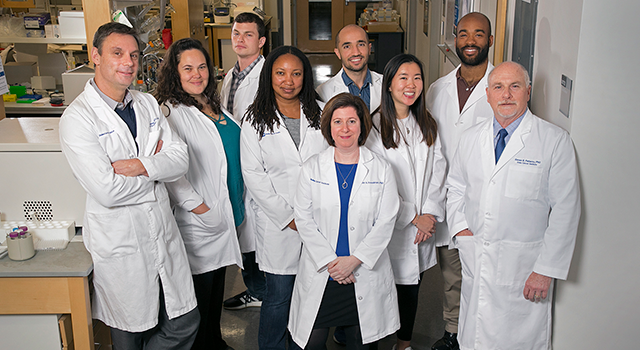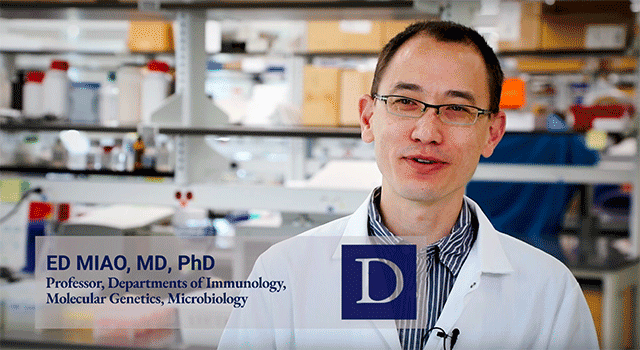
Duke's Ed Miao, MD, PhD, a professor in the Departments of Immunology, Molecular Genetics, and Biology, was the first to demonstrate that pyroptosis (cellular suicide) is real and clears intracellular bacteria. More basic science research is needed, however, to understand why pyroptosis can occur in normal, non-infected cells, which could be implicated for sepsis.
